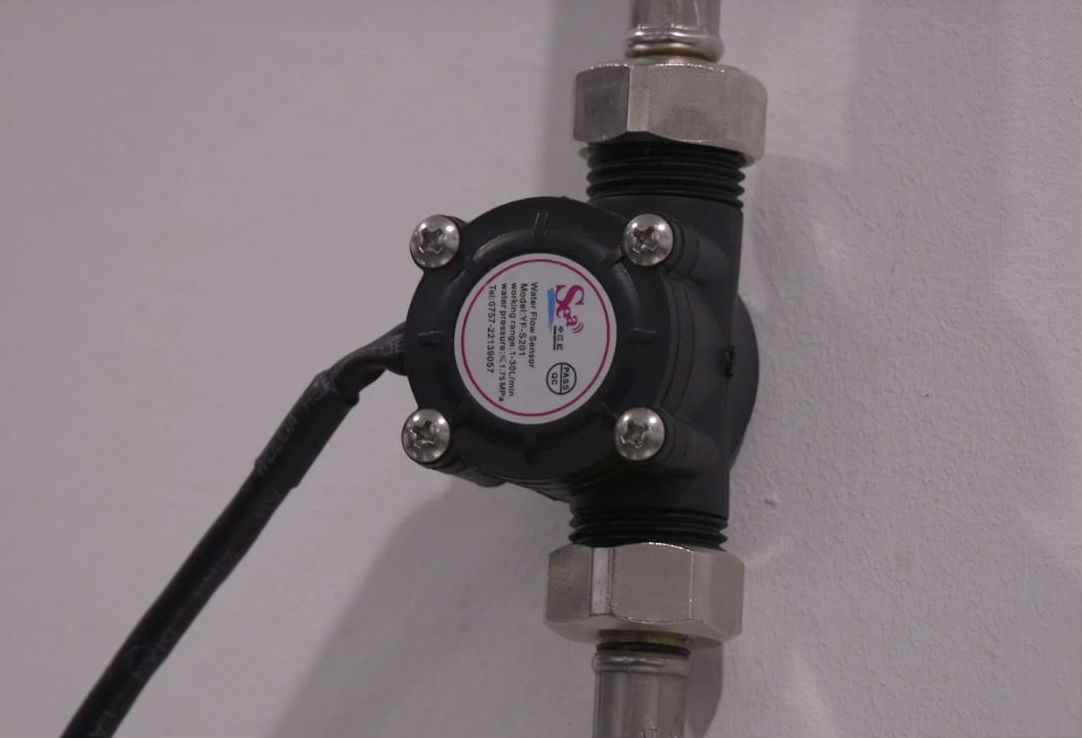New water meter app could save 20% on household bills and help tackle global water crisis
A new smartphone and tablet app which monitors home water usage is being created at Loughborough University as part of Europe-wide initiative motivated by global water shortages.

Monitors on each domestic appliance measure and transmit the volume of water used to your phone or tablet
Working with nine other organisations, Dr Lili Yang, a Reader in the School of Business and Economics, along with her team and the Department of Computer Science at Loughborough, has developed a prototype called the tApp – a wireless device and mobile app which use sensors attached to water appliances in the home to collect data about usage.
Its aim is to improve the water consumption behaviour of households.
Dr Yang has been estimated that domestic water bills could be reduced by up to 20% by using the system.
Information about every domestic appliance – dishwashers, showers, washing machines, taps – is wirelessly recorded and sent to an app on the user’s phone or tablet.
The tApp is then able to analyse and show homeowners where they are using the most water (rather than simply giving a total usage figure for the whole property, like a smart meter), which will allow people to manage their consumption more economically, and lower their bills.
The three year project (named ISS-EWATUS) funded by the EU costs over £2 million and was set up in response to the world’s water crisis – something which the World Economic Forum has set out as the third biggest risk in terms of global catastrophes likely to happen in the next 10 years – after weapons of mass destruction and climate change, which is first.
The other partners in the project, which include Brunel University, University Pablo de Olavide Seville and the University of Silesia, in Poland, will contribute findings from their own bespoke studies, such as municipal water leakage detection, social media promotion and the costs associated with waste, to bring together the collaborative scheme.
Two water companies, one in Poland and one in Greece, have already started trailing the scheme and the project is due to end in May.
Dr Yang said: “Assisted by our innovative, low cost and wireless sensing device – and the smartphone and tablet app – the pilot trial results in Poland and Greece show that every participating household expects to save up to 20% water consumption.
“If widely accepted by communities, then a significant contribution to tackling the world water crisis could be achieved.”
The scheme will also provide an online forum for user to discuss issues with experts as well as other consumers.
A website, which has been set up to act like a social media platform, will also allow people to understand the data they have collected in their homes and along with water-saving tips to give them the information they need to save money.
The device is yet to be trialled in the UK and is not available at this time.